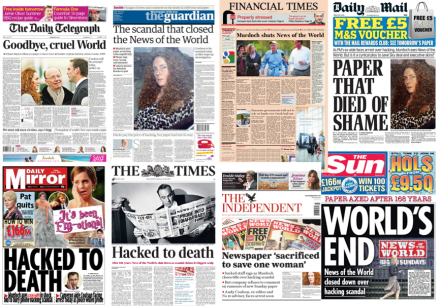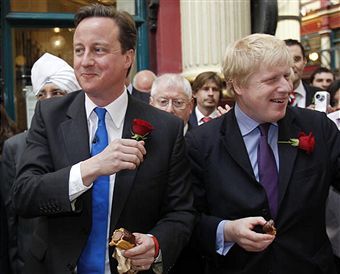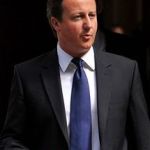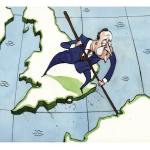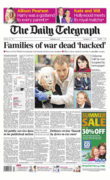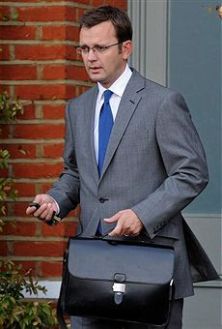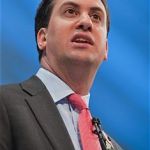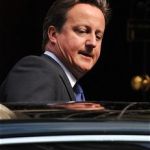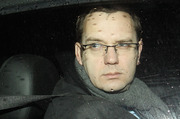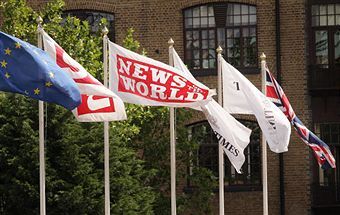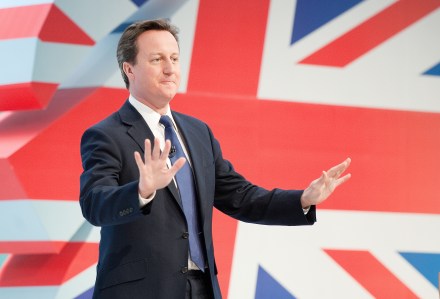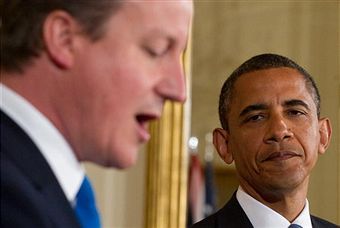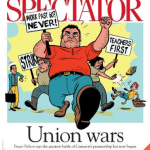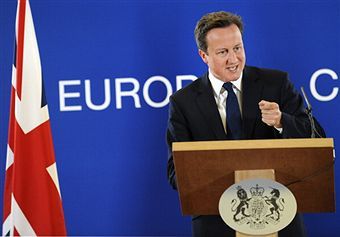A newspaper has died, and the recriminations are only just beginning
The blood of the News of the World is sprayed right across the front pages this morning. And yet there’s still more bleeding to be done, it seems. The Guardian has been reporting since last night that Andy Coulson is to be arrested today, over suspicions about his knowledge of phone hacking and police bribery at the paper he once edited. The Mail quotes “supporters of Mr Coulson” as saying that, “he could make damaging claims about Mrs Brooks, who edited the News of the World before him, which in turn could result in her being questioned.” Which rather captures the sense that this story could still intensify, even after
